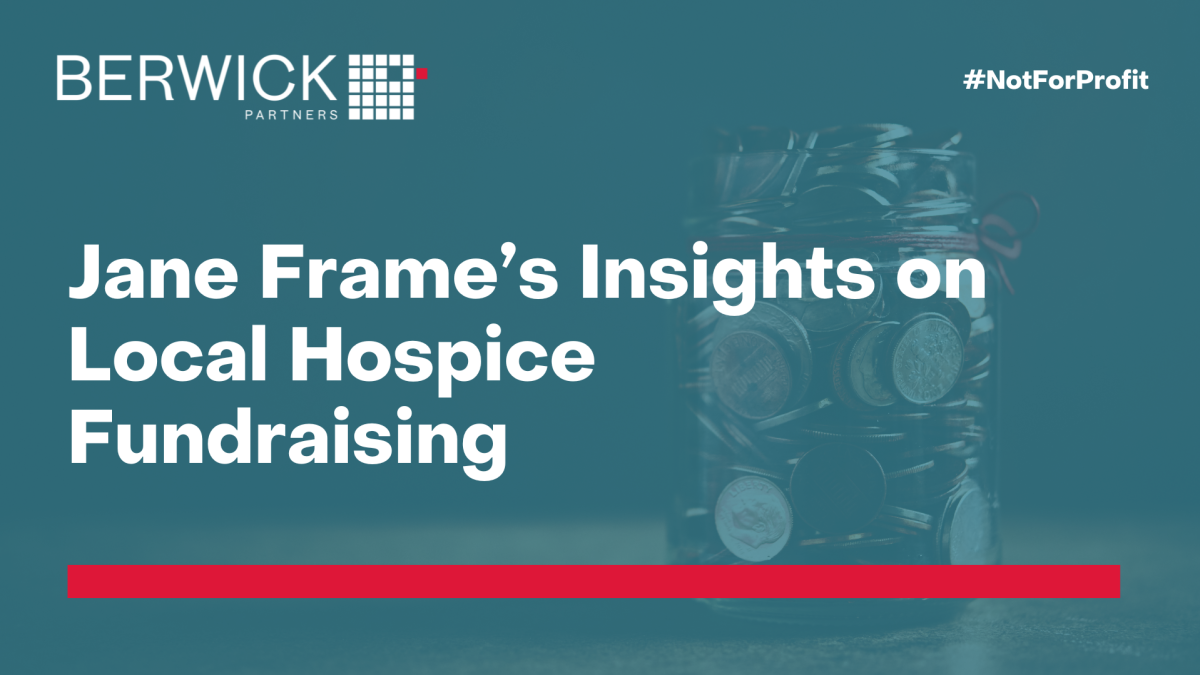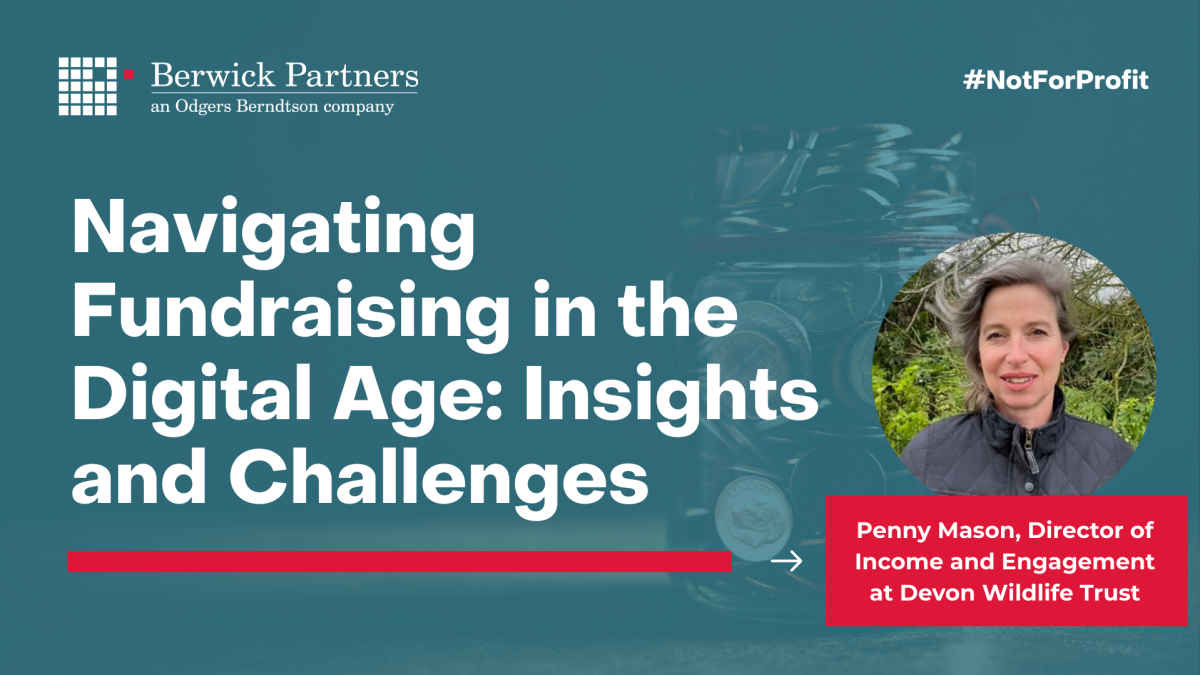Innovative Fundraising: Katie Arber’s Insights on Navigating Economic Challenges, Technology, and Collaboration
Katie Arber, a leader at Born Free Foundation, a wildlife charity, sat down with Lisa Henry to talk about the current fundraising landscape. Her insights reveal the impact of economic conditions, the role of technology, and the importance of collaboration and partnership in achieving fundraising success.
Economic Conditions and Donor Behaviour
Katie discusses the impact of economic conditions on individual giving, noting that while some donors are reducing their regular contributions, there are opportunities in high-value income streams and corporate partnerships. This highlights that across different fundraising streams there are differences in how they are affected by wider economic conditions, for example, “People are honing what they’re giving regularly,” she explains, highlighting that whilst people are still giving to charities during tough economic times donors are being more selective in which kinds of charities they support. Not-for-profits need to adapt their strategies and find new ways to engage donors. On the flip side, there are those that are still willing to give generously. Katie states, “”There are people who are immune to what’s going on in the world, and for the charity I work for, that actually is creating opportunities,” she says. This requires a focus on identifying and cultivating relationships with high-value donors.
The Role of Technology and AI
Katie emphasises the importance of using technology wisely to manage relationships and enhance efficiency. She highlights the role of AI in report writing and potentially in data management, while also acknowledging the challenges it presents. “AI can seem that things are becoming more efficient, but actually, it’s not necessarily going to help make it easier for ourselves or for the grant givers to make those decisions,” she observes.
AI can have its benefits but deep relationships with stakeholders cannot be created using AI. AI cannot replace what fundraisers do, building one to one relationships with donors and understanding their personal interests, and telling the charity’s story in the way that’s right for that supporter.
Katie also discusses the use of digital tools to enhance donor engagement and streamline processes. She notes that while technology offers new opportunities, it also requires careful planning and implementation. “It’s about using technology to be efficient in the kind of different supporter journeys that we may want to take people on and continuing to learn.” she explains.
It appears that AI would play a role to support with efficiency but would be used to support processes rather than replace them. Care needs to be taken in using AI in relation to data protection and guidance is also awaited from the Fundraising Regulator. It has its use but at the heart of fundraising it would not be playing the role of a relationship builder.
Collaboration and Partnership
Katie emphasises the importance of collaboration and partnership in securing major grants and achieving long-term success. She notes that grant givers are increasingly looking for organisations that can work together and avoid duplication of efforts. “There is a need to not just think about yourself as a standalone charity but also to think about how you can work with other charities,” she explains.
This requires a focus on building strong relationships with other organisations and finding ways to collaborate on projects and initiatives. Katie highlights the importance of understanding the value that each organisation brings to the table and finding ways to leverage these strengths. “It’s about being open to where you can collaborate, where you can partner, to better achieve your goals, rather than just thinking of only your own charity and what you’re setting out to do,” she says.
Recruitment and Skill Sets
Katie also discusses the competitive nature of the job market and the importance of retaining talented staff. She notes that fundraisers are looking for rewarding and interesting jobs but also consider salary and benefits. “People are looking not just for a job that they feel is rewarding and interesting, but also at money,” she observes.
Katie highlights the importance of creating a supportive work environment and offering opportunities for professional development. She notes that retaining talented staff requires a focus on well-being and work-life balance. “We have a home-based contract, which is quite an attraction for people,” she says. Home-based contracts are a heavy attraction and within a candidate driven market, it is essential for organisations to consider flexibility in relation to working arrangements to attract candidates.





